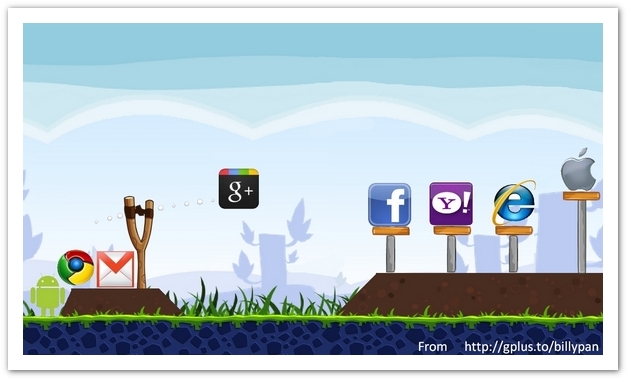A Tibetan advocacy group recently held the world’s first video press conference via Google+ Hangouts. While the goal might have been to get attention from techies and journalists, it also gave us a glimpse into the future of video conferencing.
A Tibetan advocacy group held what appeared to be the world’s first Google+-powered video press conference this past Friday. The London-based International Tibet Network used Google Plus/Google+ (has the branding truly been figured out yet?) for a coordinated event featuring speakers in India, the United States, and the United Kingdom, held via Google+ Hangouts. Select journalists were allowed to join the press conference online and video was quickly rebroadcast via both Twitter and YouTube.
via How To Hold A Press Conference Via Google+ | Fast Company.


